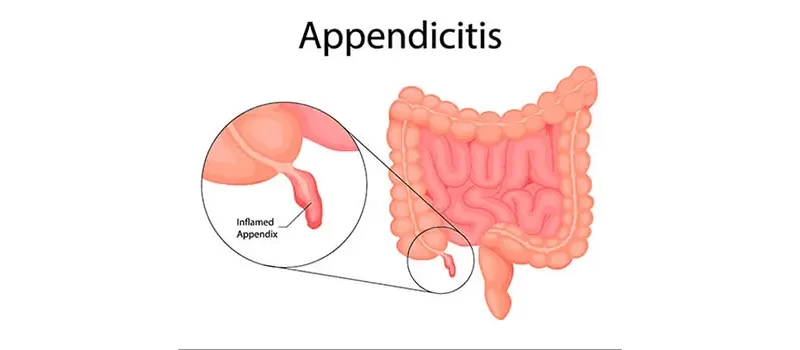PT Health Watch: Why appendicitis remains one of Nigeria’s most common surgical emergencies
Acute appendicitis, a sudden inflammation of the appendix, remains one of the most frequent causes of emergency abdominal surgeries in Nigeria, experts have said.
Although it is easily treatable when detected early, delayed diagnosis or access to surgical care continues to put patients at risk of complications and even death.
In an interview with PREMIUM TIMES, Musa Sani, a consultant general surgeon, described appendicitis as “an inflammation of the perineal appendix” and one of the leading abdominal emergencies seen in hospitals across Nigeria.
According to Mr Sani, the condition is less common before age 10 and after 70, but quite prevalent among individuals aged 20 to 40.
“That’s because the appendix in younger people is usually wider, while in older people, it becomes relatively narrow and more prone to inflammation.”
According to the World Journal of Emergency Surgery 2023, appendicitis accounts for up to 50-60 per cent of emergency abdominal surgeries in sub-Saharan Africa, with a significant number of cases presenting late to hospitals.
It also shows that Nigeria recorded a 101 per cent rise in age-standardised incidence rates between 1990 and 2019.
In Nigeria, it is estimated that the annual incidence is 22.1 – 49.8 new cases per 100,000 people, with it being a leading cause of emergency surgery, accounting for 15-40 per cent of such cases, according to an online publication.
Causes
Mr Sani noted that appendicitis can occur in two broad forms, including inflammatory and obstructive.
He explained that the inflammatory type may result from infections spreading through the bloodstream, while the obstructive type is caused by blockage of the appendix, often by a small hard mass called a fecolith, worms, or even a tumour.
When such obstruction occurs, fluid builds up within the appendix, leading to swelling, infection, and, if untreated, it can lead to rupture, which is a life-threatening complication.
Symptoms and detection
Typical symptoms include abdominal pain that begins around the navel and later shifts to the lower right side of the abdomen, nausea and vomiting, loss of appetite, fever and diarrhoea.
Mr Sani said, “The pain usually starts small, peaks, and then subsides before coming back. If untreated, it can be accompanied by nausea, vomiting, fever, and tenderness when the abdomen is touched.”
He added that in women, doctors often use ultrasound scans to distinguish appendicitis from other conditions such as pelvic inflammatory disease, ovarian cyst rupture, or ectopic pregnancy.
Treatment, cost of surgery
The surgeon stated that appendicitis requires prompt surgical removal of the appendix, a procedure known as appendectomy.
He warned that untreated appendicitis could result in perforation, abscess formation, or widespread infection (peritonitis), which significantly increases the risk of death.
“When the diagnosis is made correctly, surgery is the best treatment. In government hospitals, the cost of appendectomy ranges between N100,000 and N150,000,” he said.
“But in private hospitals, it can be double or triple that amount depending on the facility.”
While diet and lifestyle may play minor roles, Mr Sani emphasised that anatomical differences and infections are the leading causes.
He noted that some people have their appendix located behind the cecum or in the pelvis, making diagnosis tricky and sometimes delayed.


